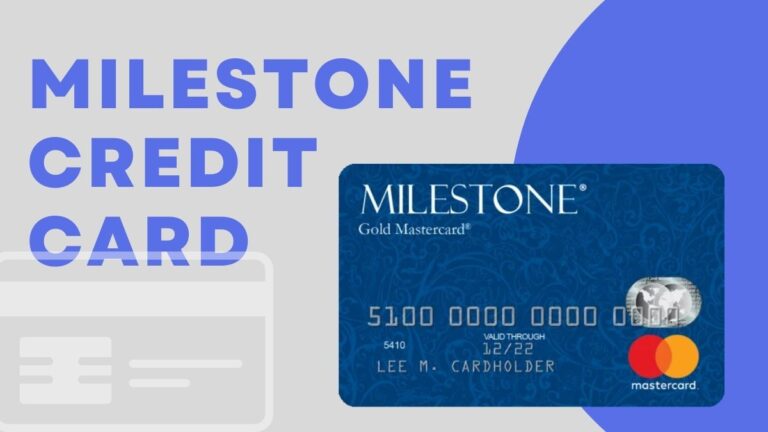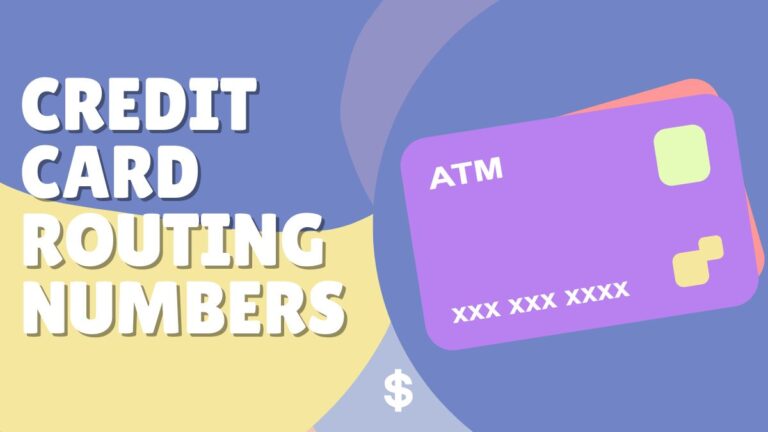Understanding Credit Card Fees: Can You Deduct Them on Your Taxes? Here’s What You Need to Know
.png)
Are you tired of getting stung by hefty credit card fees? We feel you! But hang on, did you know that there might be a silver lining to these annoying charges come tax season? That’s right – in this blog post, we’ll dive deep into the world of credit card fees and explore whether or not they can be deducted from your taxes.
Whether you’re a seasoned credit card user or just starting out on your financial journey, understanding the ins and outs of these sneaky charges could save you some serious cash. So buckle up and prepare for a whirlwind tour through the labyrinthine world of credit card fees – your wallet will thank us later!
Table of Contents
What Credit Card Fees are Deductible?

Credit card fees can be a costly burden, but some may be deductible on your taxes. Here’s what you need to know about credit card fees and whether or not you can deduct them from your taxes.
When calculating your taxable income, you may be able to deduct certain expenses, including those related to your Credit Card(s). According to IRS Publication 502 – Allowable Business Expenses, there are tip-related and incidental expenses that are generally deductible when calculating an employee’s income.
These expenses include alcohol charges at restaurants, mileage for driving between the employee’s home and place of work, parking fees at the office lot, and even membership dues for professional societies.
Tip-related expenses:
- Tips received in connection with any service performed (whether as an employee or independent contractor) are considered income to the individual receiving them. This includes tips received from customers who use credit cards as payment methods.
- If you customarily and regularly receive tips from employees who use credit cards as their primary form of payment for goods or services rendered (even if the tips are not treated as part of their actual wages), then any charge made by the creditor relating to the use of your card is considered a charge attributable to tipped employees for tax purposes.
Incidental expenses:
- Other incidental expenses that may be deductible include parking fees incurred while commuting between work and residence; telephone costs while working; cost of tools used in one’s trade or business; and membership dues in professional societies.
While it is generally considered a deductible expense, the IRS does not consider tips to be deductible as a percentage of income. This is because tips are considered compensation for services rendered and should be included in the employee’s taxable income on Form W-2.

Five Types of Credit Card Fees
There are five types of credit card fees that consumers often incur: foreign transaction fees, cash advance fees, late payment fees, annual fees, and over-the-limit fees. Each has its own set of rules as to whether or not it can be deducted from one’s taxes.
- Foreign Transaction Fees: Foreign transaction fees are charged by banks when a consumer makes a purchase with a foreign-issued credit card. These charges can amount to 3% of the purchase price or more. If the purchase is made in a foreign country, then the fee is borne by the card issuer rather than the consumer. As long as the foreign transaction doesn’t exceed $10,000 in total value during any 12 months, then it will be tolerated by the IRS.
- Cash Advance Fees: Cash advance fees are charged when consumers borrow money from their bank through a credit card to cover costs such as an item purchase or monthly rent. These top-up fees generally range from 3% to 5%. Because these costs are associated with accessing personal funds rather than purchasing goods or services, cash advance fees are considered interest and can therefore be deducted from one’s taxes.
- Late Payment Fees: Late payment fees are assessed when a consumer misses a payment due on his or her credit card bill within 30 days of the due date. The fee can typically range from $25 to $37 although there is no cap on how much this charge can accumulate over time. While this fee is typically billed directly to the consumer, in some cases the bank may pass along the fee to the credit card company. Building a good credit history can help lessen the incidence of late payments and consequent fees.
- Annual Fees: Annual fees are charged by banks and other financial institutions regularly on products such as checking or savings accounts, life insurance, and credit cards. These fees can range from $50 to $300 and are typically assessed on an annual basis. Because these charges are one-time charges, they’re not considered interest and can therefore be deducted from one’s taxes.
- Over-the-Limit Fees: Over-the-limit fees are assessed when a consumer’s maximum credit limit is reached. The fee for exceeding this limit can range from $30 to $100 and is generally billed directly to the consumer. Because this charge is associated with borrowing beyond one’s means, it is considered interest and can therefore be deducted from one’s taxes.
When Credit Card Fees Are Deductible
When it comes to credit card fees, taxpayers have a couple of options. They can either pay the fee themselves, or they can claim it as a deduction on their taxes. But which option is best for them depends on their tax situation.
Paying the Fee Yourself
If you’re responsible for paying the fee yourself, you can claim it as a deduction on your taxes. Here’s how:
- Find out what type of fee your credit card charges. This will help you determine if the fee is an annual fee, a cash advance fee, or something else.
- Compare that fee to those that are typically deductible from your income. If the cost of paying the credit card fee falls within one of those categories, then you can claim it as a deduction on your taxes.
- Figure out how much of that fee you paid yourself. This will be represented by line 27 on your tax return form. You can deduct all of the fees from that line or just select which fees are applied to you. whichever applies most closely to your situation.
Claiming the Fee as a Deduction on Your Taxes
If you’re not responsible for paying the fee yourself, you can claim it as a deduction on your taxes. Here’s how:
- Find out what type of fee your credit card charges. This will help you determine if the fee is an annual fee, a cash advance fee, or something else.
- Compare that fee to those that are typically deductible from your income. If the cost of paying the credit card fee falls within one of those categories, then you can claim it as a deduction on your taxes.
- Figure out how much of that fee was actually paid to your credit card issuer. This will be represented by line 28 on your tax return form. You can deduct all of the fees from that line or just select which fees were applicable to you. whichever applies most closely to your situation.
And that’s all there is to it! By following these steps, you’ll be able to claim the credit card fees that are generally deductible from your income.
How to Claim a Credit Card Fee Deduction on Your Taxes?
If you’re an American citizen or resident and you use a credit card to make purchases, you may be able to claim a credit card fee deduction on your taxes. Here’s what you need to know:
- Find out if the credit card company charges a fee for using the card. If so, you can deduct that fee as a miscellaneous itemized deduction on your taxes.
- Determine the total cost of all of your credit card purchases made in the year. Add up all of the fees associated with those purchases, including any amount charged by the credit card company itself and any other costs such as interest or late fees. You can then subtract that amount from your gross income to figure out your tax liability.
- Claim the deduction on your taxes using Form 1040, Line 21. You may also need to submit documentation from the credit card company to support your deduction.
Conclusion
There are a ton of taxes that you need to be aware of when filing your taxes this year, but one of the most important is likely the credit card fees that are charged by banks and other lenders. If you use a credit card, chances are good that you’re going to pay some sort of processing fee for each purchase you make. But did you know that you can actually deduct these fees from your taxes? Here’s what you need to know in order to figure out if it’s possible for you.






